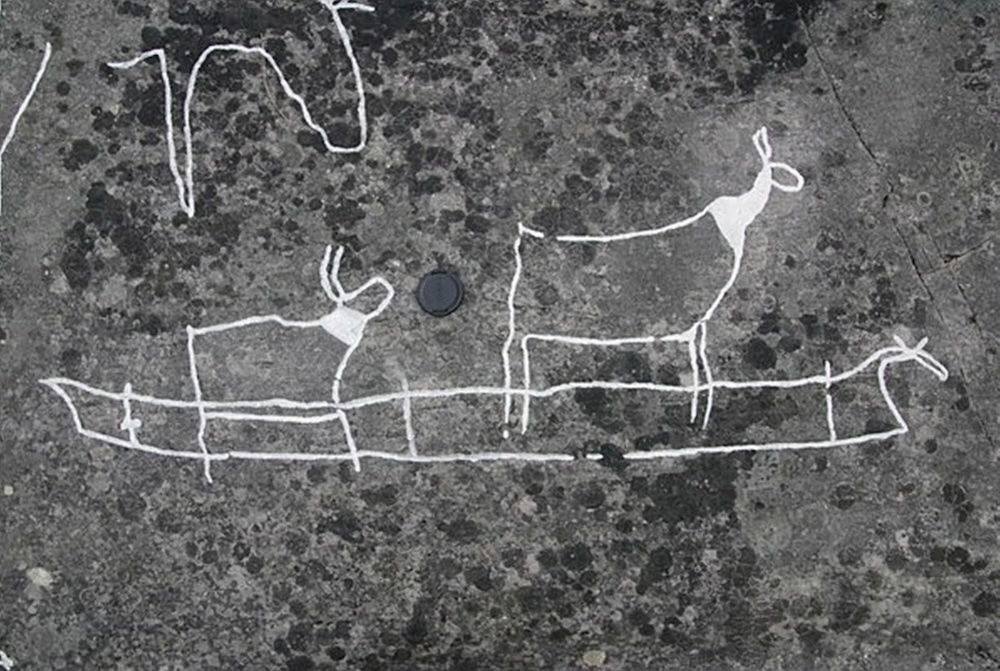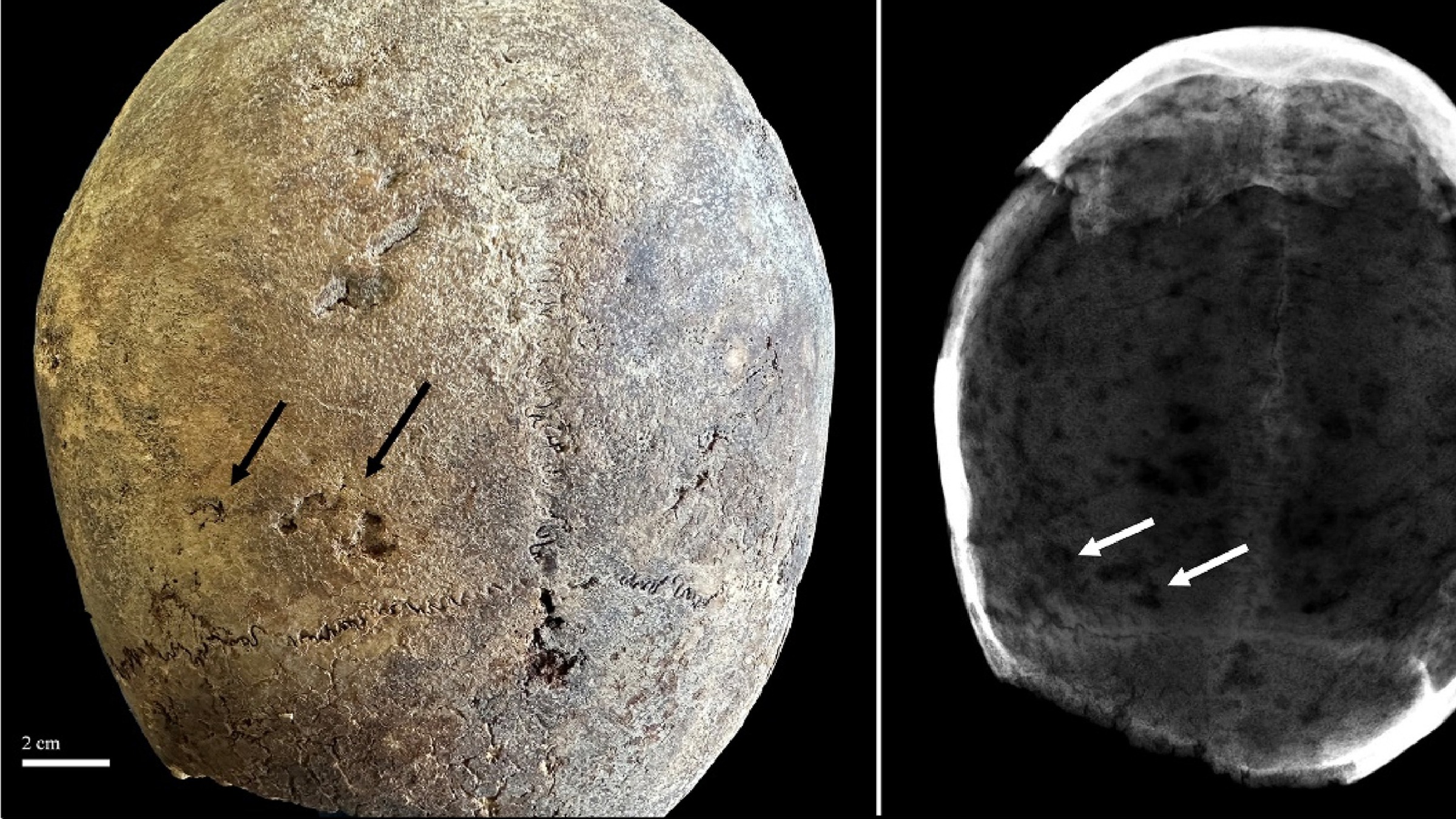Medical Sciences, Vol. 11, Pages 26: Gastroduodenal Perforation in Cancer Patients: Association with Chemotherapy and Prognosis
Medical Sciences doi: 10.3390/medsci11020026
Authors: Melissa Mello Mazepa Marina Alessandra Pereira Arthur Youssif Mota Arabi André Roncon Dias Ulysses Ribeiro Bruno Zilberstein Luiz Augusto Carneiro D’Albuquerque Marcus Fernando Kodama Pertille Ramos
Background: Gastroduodenal perforation stands out as one of the complications in cancer patients. Despite its high mortality, its characteristics are still poorly described. This study aimed to evaluate the characteristics and outcomes of cancer patients who had gastroduodenal perforation, and the influence of chemotherapy (CMT) in these cases. Method: A retrospective analysis of patients who underwent emergency surgery with an intraoperative finding of gastroduodenal perforation. Patients who performed CMT within 60 days before perforation were considered as the CMT group. Results: Among 45 patients included, 16 (35.5%) were classified as the CMT group and the remaining 29 (64.5%) patients as the non-CMT group. There was no difference between the groups regarding sex, age, BMI, comorbidity, and laboratory exams. ECOG 2-3 was significantly more frequent in the CMT group (68.8% vs. 34.5% p = 0.027). Major postoperative complications were similar between both groups (75% vs. 58.6%, p = 0.272). The sepsis of abdominal focus was the main postoperative complication. The 30-day mortality was 55.6%, with no difference between non-CMT and CMT groups (62.5% vs. 51.7%, respectively; p = 0.486). A multivariate analysis of risk factors showed that only an age of ≥65 years was related to 30-day mortality. Conclusions: Patients with gastroduodenal perforation and oncologic treatment present high mortality, regardless of receiving recent CMT.

 1 year ago
31
1 year ago
31


